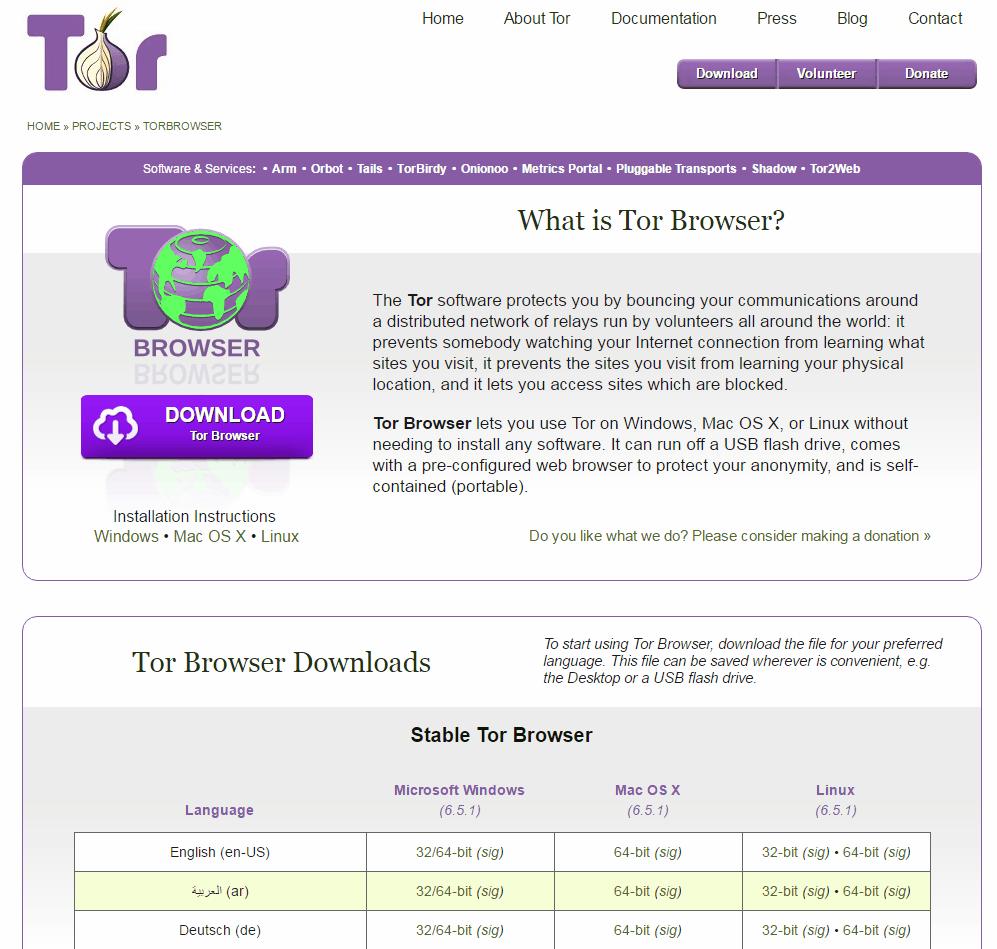
Next the government offered a 3.9 million ruble reward for research into identifying anonymous Tor users.


The Federal Security Service lobbied the Duma to ban it in 2013. The Russian government has repeatedly tried and failed to take down Tor.

Apple disabled its Private Relay feature, which encrypted traffic leaving a user’s device. Ways of getting around censorship are disappearing. The fear is that it will turn Russia’s internet into that of Iran or China, sequestered behind a firewall where only government approved content is available. It requires ISPs to install software that would allow the government to filter and reroute internet traffic. Then there’s the sovereign internet system, which has been called the online Iron Curtain. Hundreds of thousands of web resources have been blocked, including 49 websites linked to opposition figure Alexei Navalny and his Anti-Corruption Foundation. The ban on Tor comes at a time when Russia is tightening its grip on the internet. “It’s really essential for activists, human rights defenders, civil society groups and also marginalized communities - thinking about the LGBTQ community, religious minorities - around the world to access reliable information, be able to build communities and organize politically and ultimately just to stay safe,” said Allie Funk, a senior research analyst at Freedom House. Navy Research Laboratory to protect intelligence communications, Tor has become a vital tool for people in authoritarian countries to circumvent firewalls and hide their identities while searching the web. “We should fight with every tool that we have,” he said.ĭeveloped in the 1990s by the U.S. Usually, when governments block Tor, it’s an ominous “red flag” that something is about to happen or digital rights are going downhill, Gustavo Gus from The Tor Project told me. Rozkomnadzor, the government agency responsible for monitoring and blocking online content, said Tor was banned because it contains “information that ensures the operation of tools that provide access to illegal content.” Tor was blocked nationwide in early December.

Banning Tor “adds to this feeling that everything is going really, really bad for internet freedoms,” said investigative journalist Andrei Soldatov. It’s one of the most important tools for getting around Russia’s escalating censorship. Prior to the block, 300,000 Russians used Tor every day. Russia is Tor’s second biggest market after the U.S. But Tor holds huge significance for the fight for internet freedom in Russia, and worldwide. The tool, also called Tor, was blocked at the end of 2021, and now The Tor Project and Russian digital rights group Roskomsvoboda are appealing. The Tor Project, a nonprofit that runs a tool that allows people to browse the internet anonymously, is going to court in Russia.


 0 kommentar(er)
0 kommentar(er)
